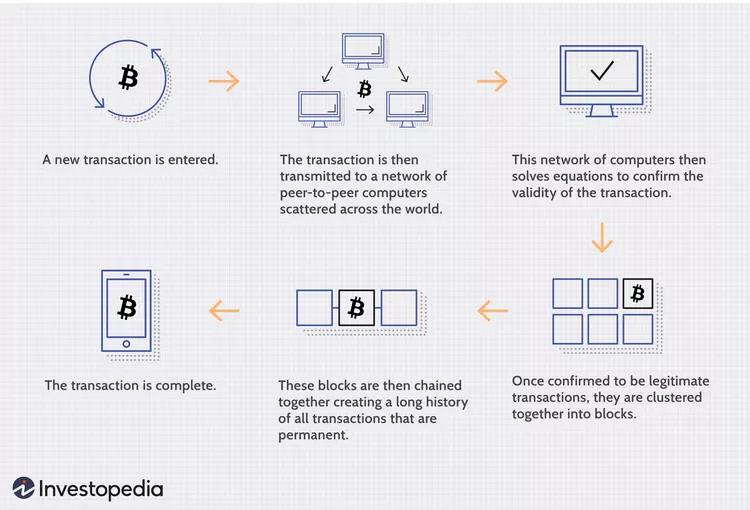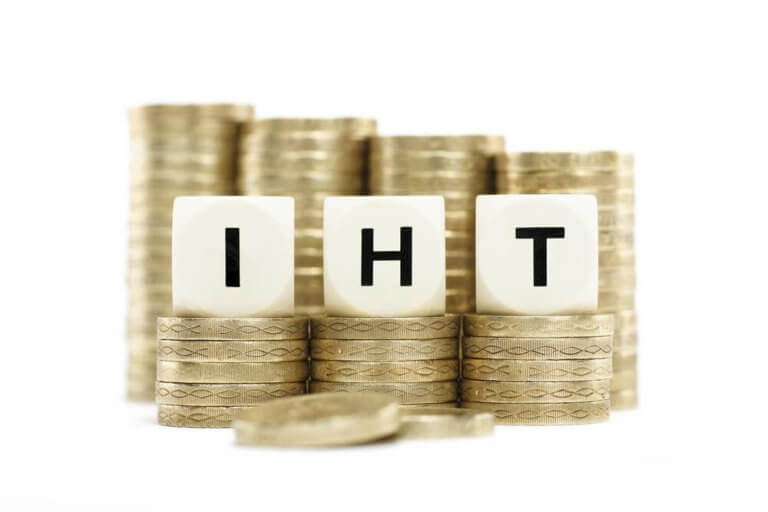The fall came after the European Central Bank (ECB) surprised many commentators and analysts by cutting interest rates in the eurozone to a record low.
Euro Currency Slump
Following the decision by the central bank the euro tumbled to $1.30, a fall of 1.6%. That was the lowest point since last summer and, at the time of writing, was trading even lower at $1.29.
The slump came after the ECB cut 10 basis points off its deposit, marginal lending and refinancing rates. Its benchmark interest rate was cut to 0.05%
A round of new measures were announced to stimulate the economy too, including an asset purchase drive, which will focus on purchasing debt products from eurozone banks.
The action has also seen two-year government bond yields enter negativity in some countries in the economic zone. That is the first time that has happened, with the move from 0.02% to 0.07% experienced by the German Schatz indicative of this.
Equity Markets Jump
The news also had an impact on the European equity markets.
The FTSE Eurofirst 300 index grew by 1.1% – achieving its highest finishing point since 2008. However, the FTSE 100 did not jump in the same way – a result of the 6% drop by BP following the ongoing court action taking place in the US in response to the Deepwater Horizon incident in 2010.
Wall Street meanwhile saw its S&P 500 hit its own record.
Achieving an all-time record intraday high, the market rose to 2,011.17. This was tempered later in the day, a result of a decline in energy stocks and ahead of jobs information being released to the market, which showed a rising number of jobless people.
No QE Pump – Yet
There was once again no mention of any quantitative easing (QE) package being put in place by the ECB.
The decision announced by President Mario Draghi to buy assets was a surprise, largely because industry analysts suggest not enough time was given to ascertain the effect of measure introduced in June.
Mr Draghi did admit, however, that the action being taken was not by virtue of a unanimous decision by the board, saying:
























